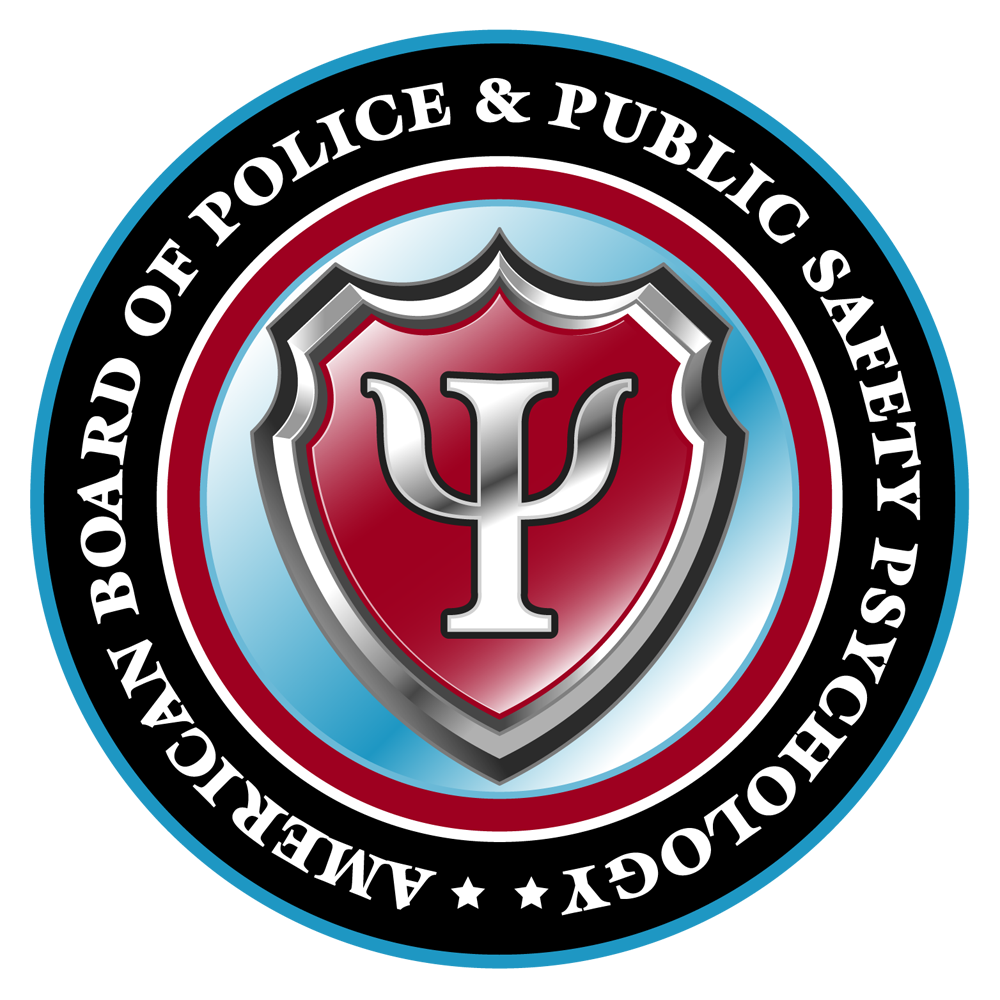4 Hours | 4 CEs
This on-demand professional training program on Navigating the Complexities of Ethics in Police & Public Safety Psychology is presented by Jeni McCutcheon, PsyD, ABPP, and Jocelyn E. Roland, Ph.D. in partnership with the American Board of Police and Public Safety Psychology (ABPPSP).
This program offers a unique opportunity to engage in the hands-on practice of resolving relevant ethical dilemmas and processing the challenges in police and public safety psychology. This program improves your ability to identify and navigate ethical dilemmas in Police and Public Safety Psychology (PPSP). Dilemmas are inclusive of intervention, assessment, and consultation work within Police and Public Safety Psychology (PPSP), as well as address various relevant practice-related issues. Drs. McCutcheon and Roland used breakout rooms for cases to promote discussion with peers practicing in the same specialty area.
This program elevates your understanding and proficiency, making it an invaluable asset when applying for board certification in PPSP through the American Board of Professional Psychology. The knowledge you acquire paves the path for a robust foundation in handling ethical issues, ensuring a meaningful impact in your chosen practice area.

Intended Audience
This on-demand professional training program is intended for mental health and other allied professionals

Experience Level
This on-demand professional training program is appropriate for beginner, intermediate, and advanced level clinicians.

CE / CPD Credit
APA, ASWB, CPA, NBCC Click here for state and other regional board approvals.
Learning Objectives
Upon completion of this program you will be able to:

Describe distinctive ethical dilemmas inherent to work in police and public safety psychology

Demonstrate sound ethical decision-making through active case discussion relevant to everyday practice

Describe how diversity factors (e.g., gender, race, culture, sexual orientation) are relevant in resolving ethical dilemmas

Describe strategies to manage client needs with the ethical requirements and demands of one’s profession

Curriculum
1. Program Introduction
2. Breakout - To Be or Not To Be?
3. A Sketchy Situation
4. He Seems Suitable
5. Dilemma Discussion and Consultation
6. Cultural Diversity, Empathy & Dilemma
7. Dilemma & Self-Care and the Promotion of Wellness
Develop a Specialty Area of Practice
Transforming mental health professionals into experts
Expert Instructors
Professional training developed and delivered by the field's leading experts

CE Credit
Earn CE credit for meaningful professional training that will elevate your practice
Convenience & Flexibility
Learn at your own pace, from wherever you might be!
Program Partner
American Board of Police and Public Safety Psychology
We are proud to partner with The American Board of Police and Public Safety Psychology (ABPPSP) for this training. ABPPSP became a fully affiliated specialty board of the American Board of Professional Psychology (ABPP) on October 21, 2011. Police and Public Safety Psychology is concerned with assisting law enforcement and other public safety personnel and agencies in carrying out their missions and societal functions with optimal effectiveness, safety, health, and conformity to laws and ethics. It consists of the application of the science and profession of psychology in four primary domains of practice: assessment, clinical intervention, operational support, and organizational consultation.




